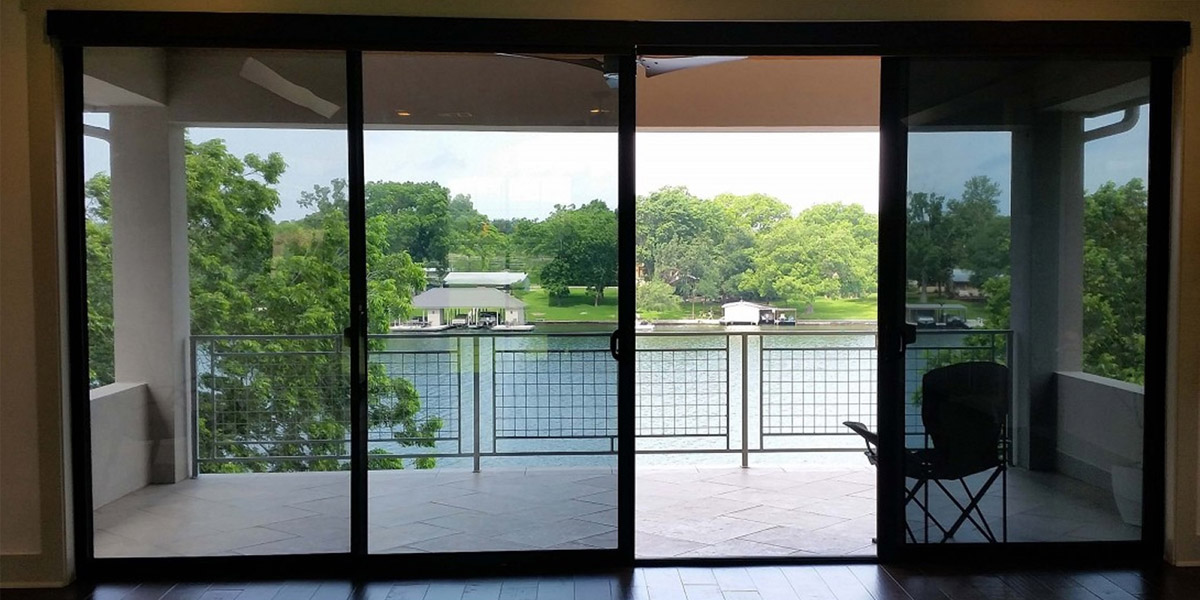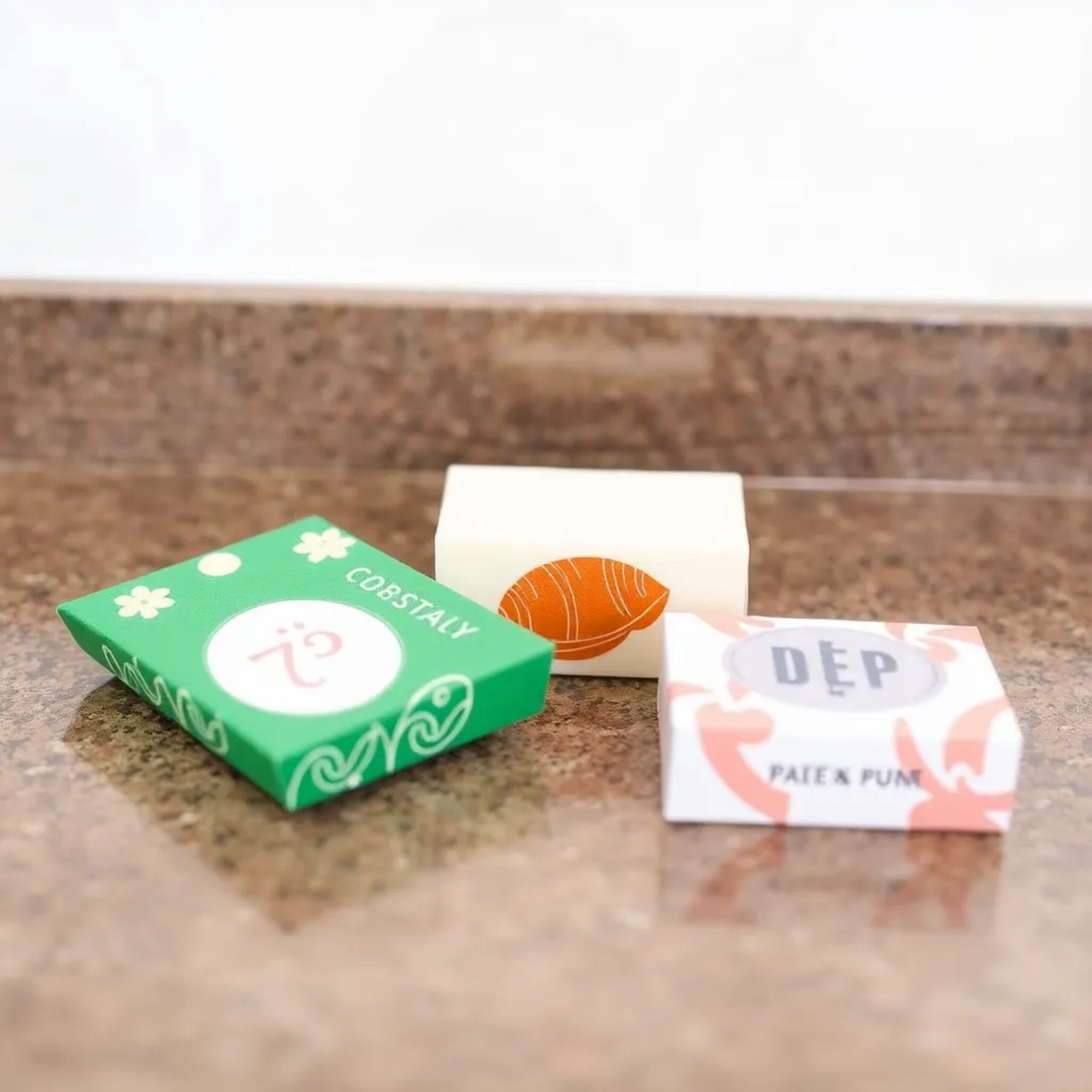Top Benefits of Residential Window Tinting for Homeowners
Introduction
When it comes to home upgrades, window tinting may not be the first thing that comes to mind, but its benefits are far-reaching. From enhancing privacy to saving on energy bills, residential window tinting offers a unique blend of comfort, style, and practicality. In this article, we’ll delve into why homeowners are increasingly opting for window tinting and how it can transform your living space.
1. What Is Residential Window Tinting?
Residential window tinting involves applying a thin, transparent film to the inside of home windows. This film is designed to block specific amounts of light and heat, enhancing the overall functionality of the windows while maintaining natural light.
2. Enhanced Privacy and Security
One of the biggest advantages of window tinting is improved privacy. You can enjoy your space without the feeling of being watched by neighbors or passersby. It acts like sunglasses for your windows allowing you to see out while limiting what people see inside. This added layer also provides security by preventing potential intruders from easily seeing into your home.
3. Reduced Energy Costs
Did you know that up to 30% of a home’s cooling energy is lost through its windows? Window tinting helps to significantly reduce energy consumption by blocking out a portion of the sun’s heat. This means that during summer, your home stays cooler without over-reliance on air conditioning. Lower energy bills can be a direct benefit, saving you money in the long term.
4. Improved Comfort
Imagine sitting by your window with the sun streaming in lovely until the heat makes it unbearable. Window tinting controls the amount of heat that enters your home, maintaining a balanced temperature throughout. This way, you can enjoy natural light without the discomfort of excess warmth.
5. Protection Against Harmful UV Rays
Continuous exposure to UV rays can have detrimental effects on both skin and furniture. Window tinting blocks up to 99% of harmful UV rays, protecting your health and extending the life of your carpets, curtains, and furnishings. It’s like applying sunscreen to your house.
6. Reduced Glare
Whether you’re watching TV or working from home on a computer, glare can be an annoying issue. Window tinting helps minimize glare, making it easier to enjoy screen time without straining your eyes.
7. Aesthetic Appeal and Customization
Residential window tinting can enhance the appearance of your home, both inside and out. Homeowners can choose from a variety of tints to match their style and preferences. With decorative tints, you can add a unique touch to your windows, improving curb appeal.
8. Enhanced Durability of Windows
Window films can provide an added layer of protection for your glass panes. In case of an impact, the tint can hold shattered glass together, preventing it from scattering and reducing the risk of injury.
9. Eco-Friendly Benefits
For environmentally conscious homeowners, window tinting is a simple way to reduce your carbon footprint. By lowering the need for air conditioning, you’re also decreasing energy consumption, contributing to a more sustainable future.
10. Easy Maintenance
Window tints are designed to be scratch-resistant and require minimal upkeep. A simple wipe with a gentle cleaner is enough to keep them looking great. This makes them an attractive option for busy homeowners who don’t have the time for high-maintenance solutions.
11. Preservation of Interior Furnishings
Sunlight can fade your upholstery, flooring, and artwork over time. By blocking UV rays, window tints help maintain the vibrancy of your home’s interior, saving you from premature wear and tear.
12. Types of Window Tints Available
- Solar Control Tints: Reduce heat and UV rays.
- Security Tints: Reinforce glass strength.
- Decorative Tints: Enhance aesthetics.
- Reflective Tints: Increase privacy by reflecting sunlight.
Each type offers unique benefits tailored to different needs.
13. Considerations Before Installing Window Tinting
Before opting for window tinting, evaluate factors such as the local climate, the direction your home faces, and your budget. Consulting a professional installer can help you choose the best option for your specific needs.
14. Common Myths About Window Tinting
Myth: Window tinting makes your home dark.
Truth: Modern tints are designed to let in natural light while reducing heat and glare.
Myth: Tints are only for cars.
Truth: Residential tints are specially crafted for home windows and offer unique benefits that are different from automotive films.
15. Conclusion
Residential window tinting is more than just a luxury; it’s an investment that brings long-term comfort, savings, and protection. Whether for privacy, energy efficiency, or simply adding a touch of style, window tinting has proven benefits that enhance any living space.














Post Comment